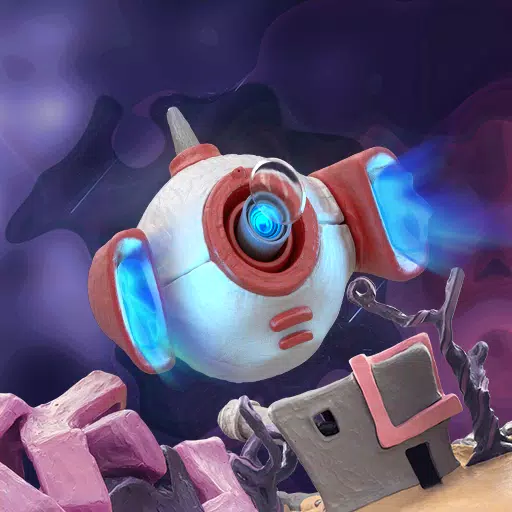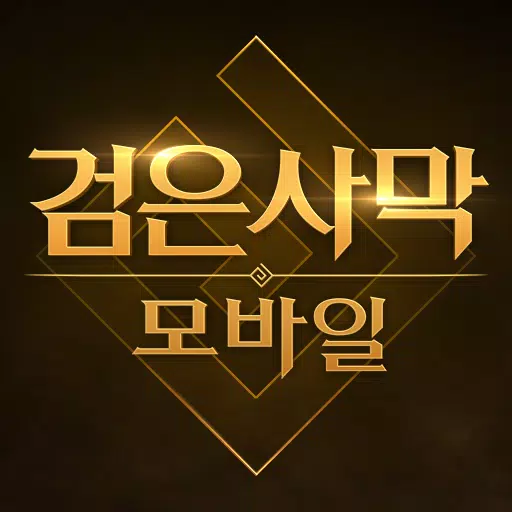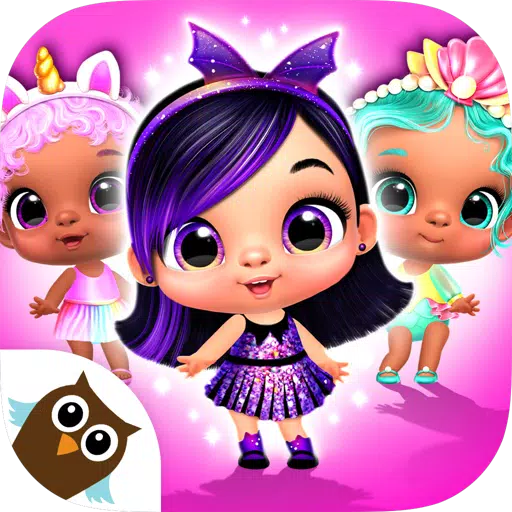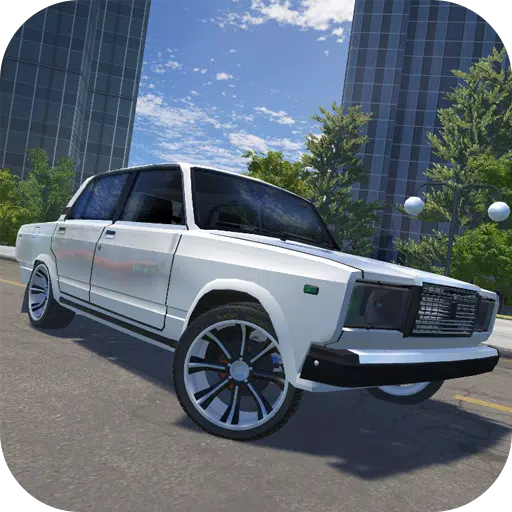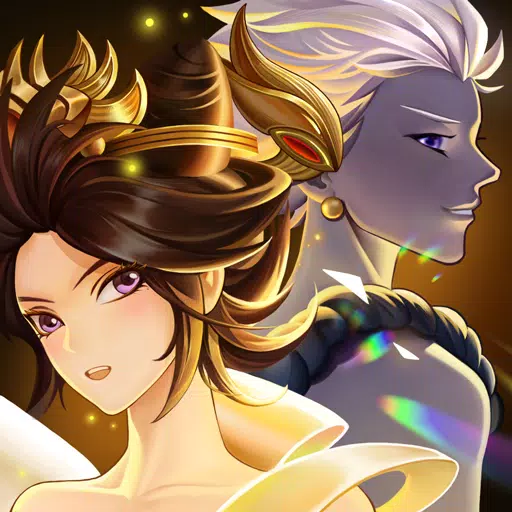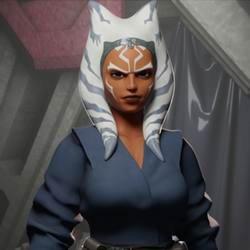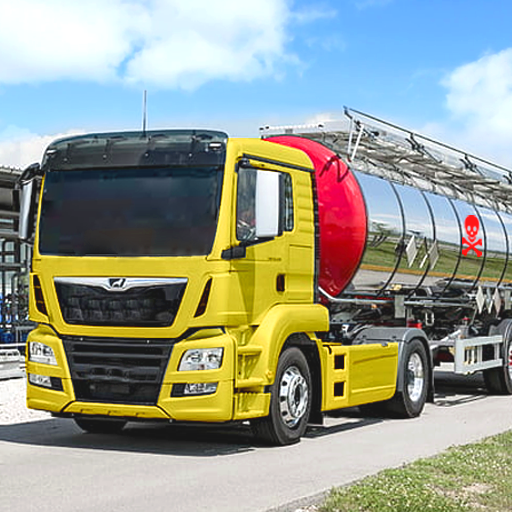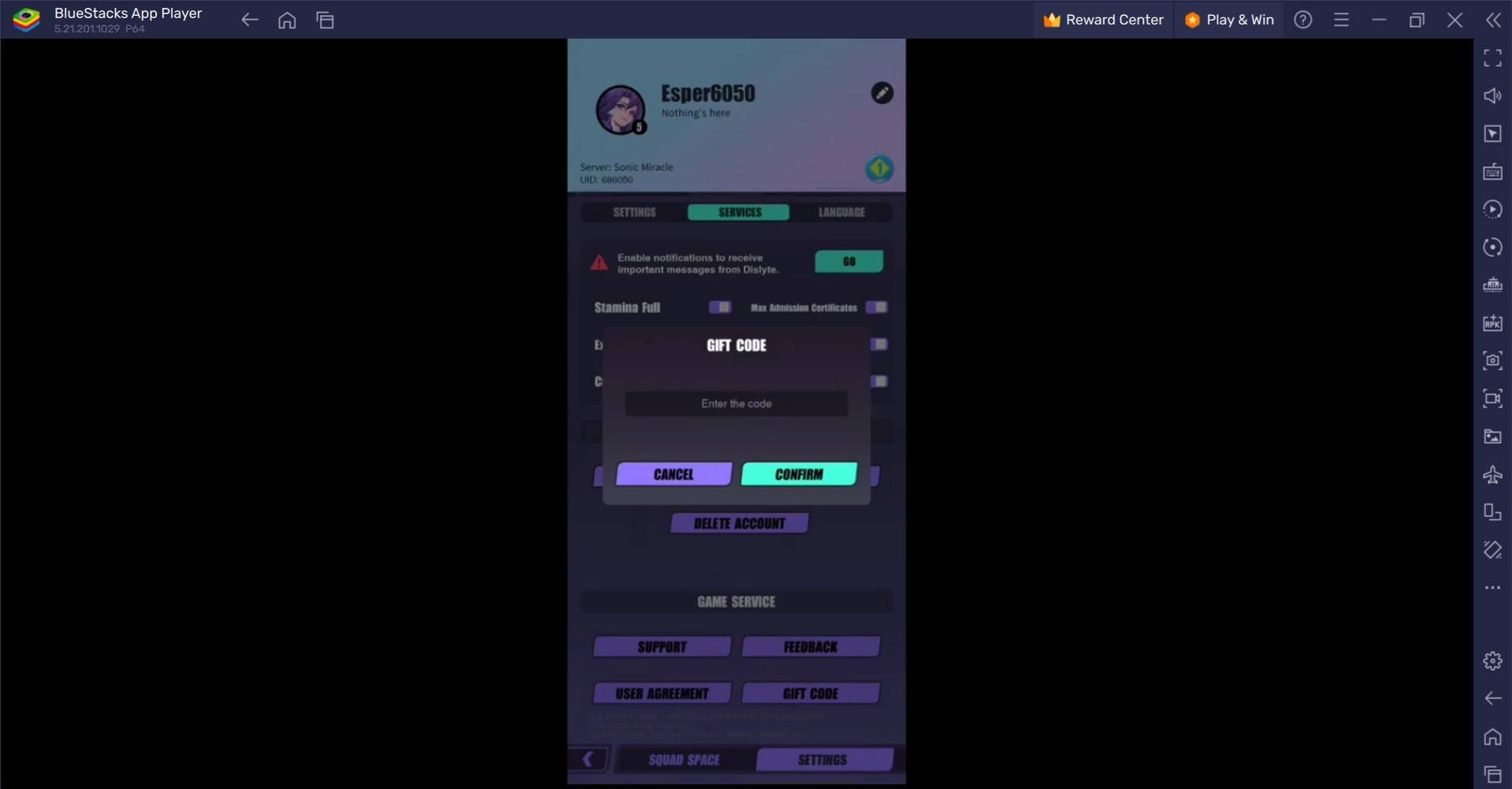2025 marks a monumental year for DC, with James Gunn's highly anticipated Superman film set to kickstart the new DCU, a robust lineup of film and television projects in the works, and the groundbreaking Absolute Universe reshaping DC's comic publishing landscape. Amidst this excitement, a pressing question looms large: What's happening with Wonder Woman? Created by William Moulton Marston and H. G. Peter, this iconic superhero and central figure in the DC universe seems to be missing in action across recent DC media.
Outside of the comics, Diana of Themyscira has faced numerous setbacks. Her live-action film series hit a snag after the mixed reception of Wonder Woman 1984, and she's notably absent from the current DCU lineup. Instead, Gunn and his team have chosen to focus on a show about the Amazons, sidelining Wonder Woman herself. Furthermore, Diana has never had a dedicated animated series, and her first solo video game, announced in 2021, was tragically cancelled. Given these challenges, it's crucial to examine how Warner Bros. and DC are managing—or mismanaging—one of the most iconic female superheroes in history.
One Hit Wonder
During the fierce competition between the Marvel Cinematic Universe and the DCEU in the late 2010s, the first Wonder Woman film emerged as a shining success for DC. Released in 2017, it garnered largely positive reviews and grossed over $800 million worldwide. Following the divisive reception of Batman v Superman and Suicide Squad, Patty Jenkins' vision of Diana resonated deeply with audiences. While not without flaws, particularly in its third act problems and Gal Gadot's performance, which prioritized poise over depth, the film's success suggested the potential for a thriving franchise.
However, the sequel, Wonder Woman 1984, released in 2020, didn't live up to expectations. It received mixed reviews and failed to recoup its budget due to its simultaneous release on HBO Max and in theaters during the height of the COVID-19 pandemic. Beyond the release strategy, the film's narrative structure, tonal inconsistencies, and controversial elements, such as Diana having sex with Steve Trevor while he possessed another man's body, further alienated viewers. Despite these setbacks, the absence of a third film and the lack of other Wonder Woman projects across various media platforms is disheartening, especially considering the frequent reboots characters like Batman and Spider-Man receive.
Diana Prince, Missing in Action
As the new DCU embarks on a fresh slate of adaptations, one would expect Wonder Woman to be a focal point. Yet, the inaugural Chapter One: Gods and Monsters lineup lacks a dedicated Wonder Woman project. Instead, DC Studios' James Gunn and Peter Safran have chosen to highlight lesser-known properties such as Creature Commandos, Swamp Thing, Booster Gold, and The Authority, alongside new iterations of Superman, Batman, and Green Lantern. This focus on obscure IP is commendable, but the absence of Wonder Woman raises questions about her perceived importance within the DC universe.
DC Universe: Every Upcoming Movie and TV Show
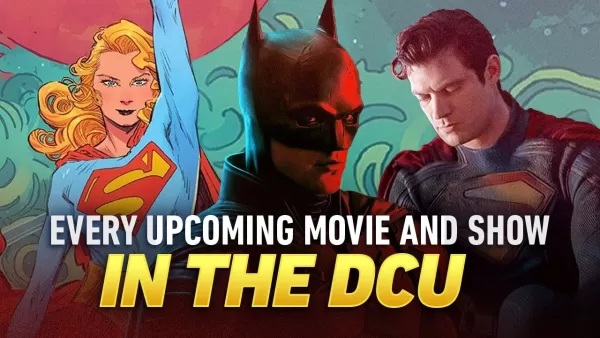
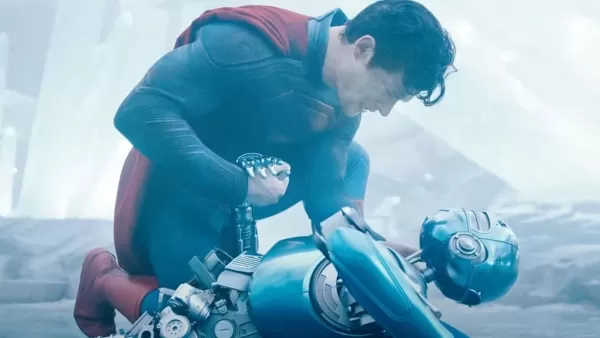 View 39 Images
View 39 Images

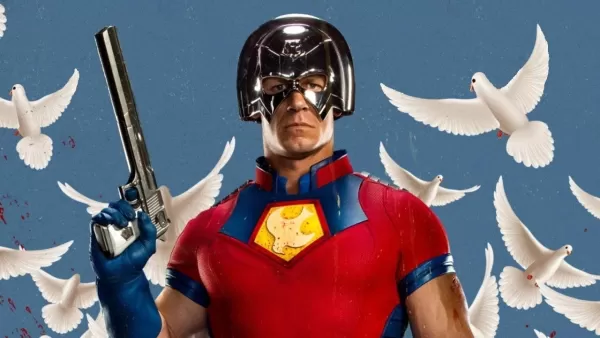
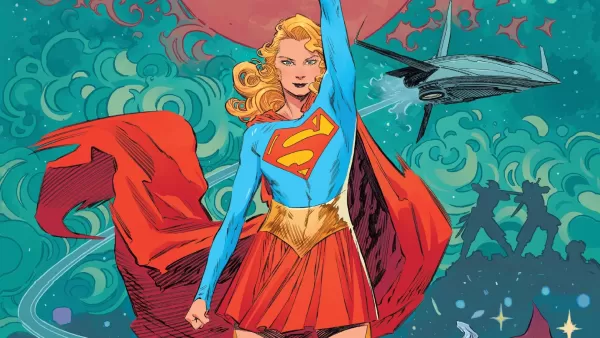
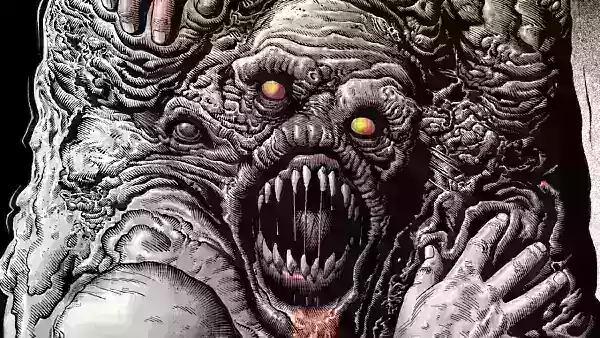
The announced television series, Paradise Lost, delves into the history of the Amazons on Themiscyra before Wonder Woman's birth. While exploring the Amazons' backstory is valuable, creating a series within the Wonder Woman franchise without featuring the heroine herself evokes comparisons to the Sony Marvel Universe. This approach suggests a troubling disconnect between the importance of world-building and the character's central role. It begs the question: Why is it imperative to establish Batman's presence quickly, potentially resulting in two concurrent live-action Batman franchises, but not to ensure Wonder Woman's place in the DCU?
This neglect is not new. In the DC Animated Universe of the '90s and early 2000s, Wonder Woman was a key member of the Justice League but never received her own series, unlike Batman and Superman. Despite her frequent appearances in DC Universe direct-to-video animated films, she has only starred in two: Wonder Woman in 2009 and Wonder Woman: Bloodlines in 2019. Given the enduring popularity of superhero media, the lack of a dedicated Wonder Woman project remains perplexing.
Answer
See Results
Let Me Play as Wonder Woman, Dammit
The cancellation of the Wonder Woman game developed by Monolith Productions adds to the frustration. Whether the failure of other DC games like Suicide Squad: Kill the Justice League and MultiVersus contributed to this decision remains unclear, but the loss of Diana's first lead role in a video game is disheartening. With the resurgence of character action games, the timing seemed perfect for a Wonder Woman game akin to God of War or Ninja Gaiden, allowing players to step into her shoes as she battles foes rooted in Greek mythology.
While Diana has been playable in titles like Injustice, Mortal Kombat vs. DC Universe, and various LEGO DC games, the absence of a AAA action game featuring her is inexcusable. DC's failure to capitalize on the success of Rocksteady's Batman Arkham series with games centered on Wonder Woman, Superman, and the Justice League represents a missed opportunity. It's especially galling that Diana's first appearance in the Arkham timeline in Suicide Squad: Kill the Justice League saw her killed off as a non-playable character, while the male members of the Justice League survived as evil clones.
From the faltering film franchise to the lack of dedicated animated content and the disappointing video game representation, the treatment of Wonder Woman by Warner Bros. and DC reflects a troubling disregard for one of their most iconic characters. If they undervalue such a pivotal figure in their roster, it raises doubts about their respect for the broader DC universe. With Gunn's Superman reboot on the horizon, there's hope that a new era of DC adaptations will emerge. As Warner Bros. relaunches its franchise, it's imperative that they recognize the immense value Diana Prince brings to the DCU. After nearly a century, both she and her fans deserve better.
 Home
Home  Navigation
Navigation






 Latest Articles
Latest Articles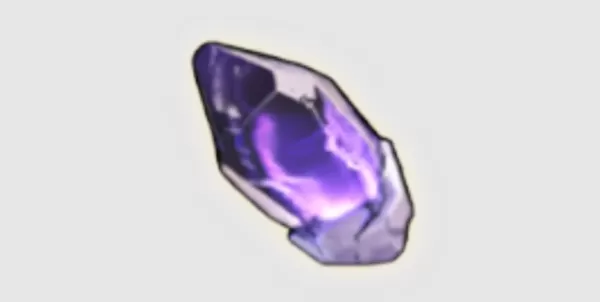









 Latest Games
Latest Games